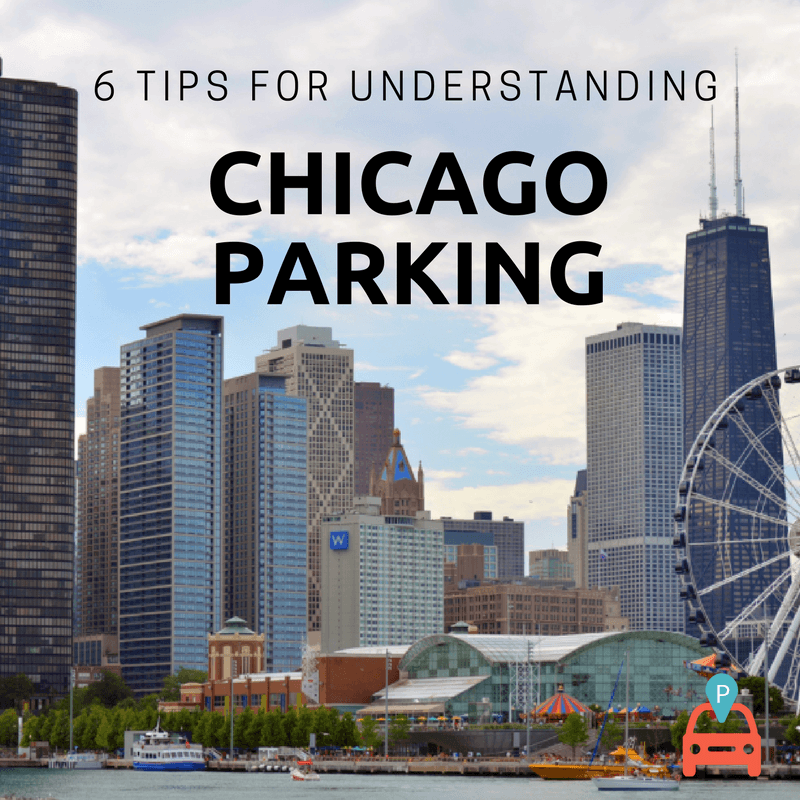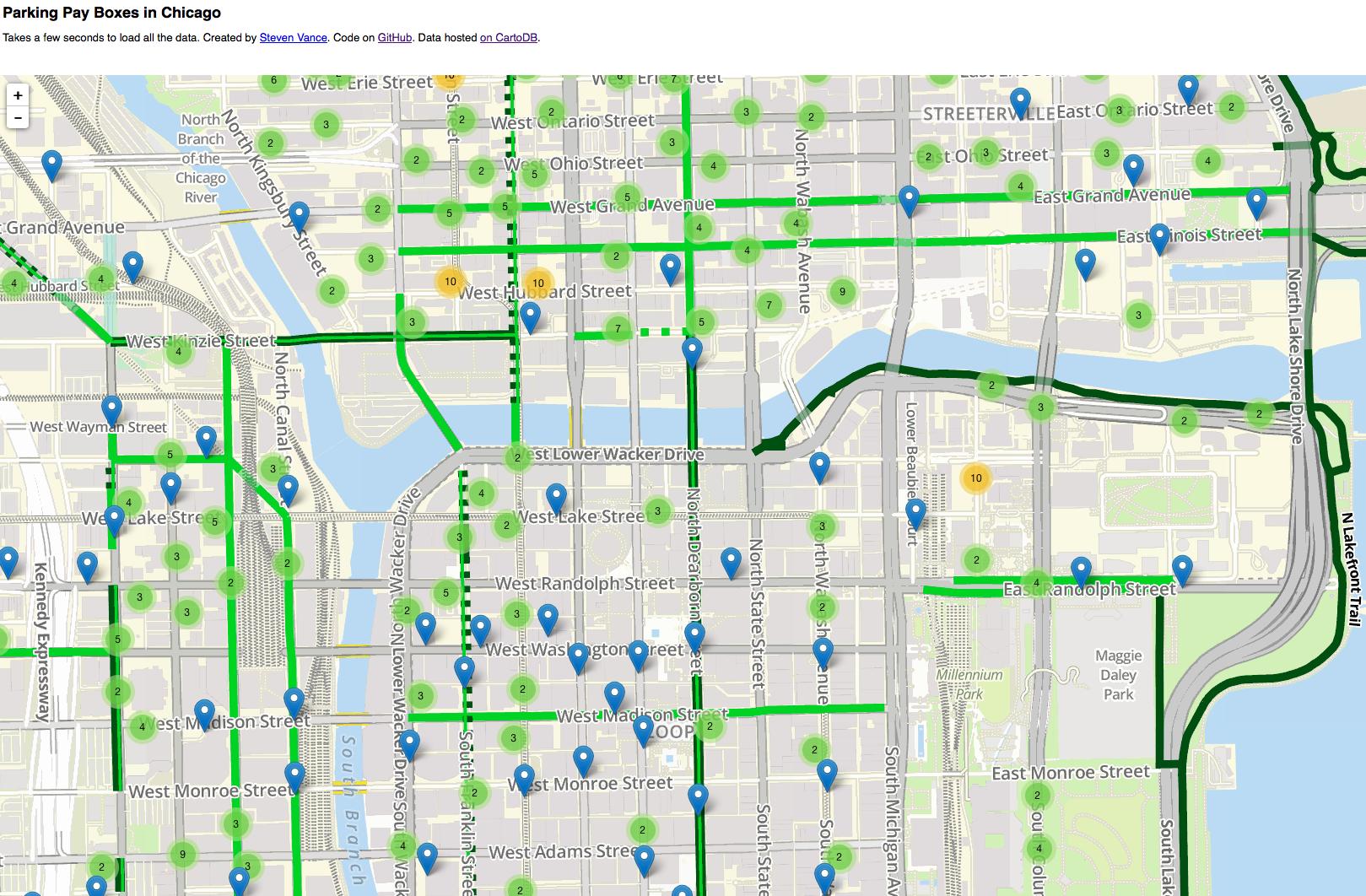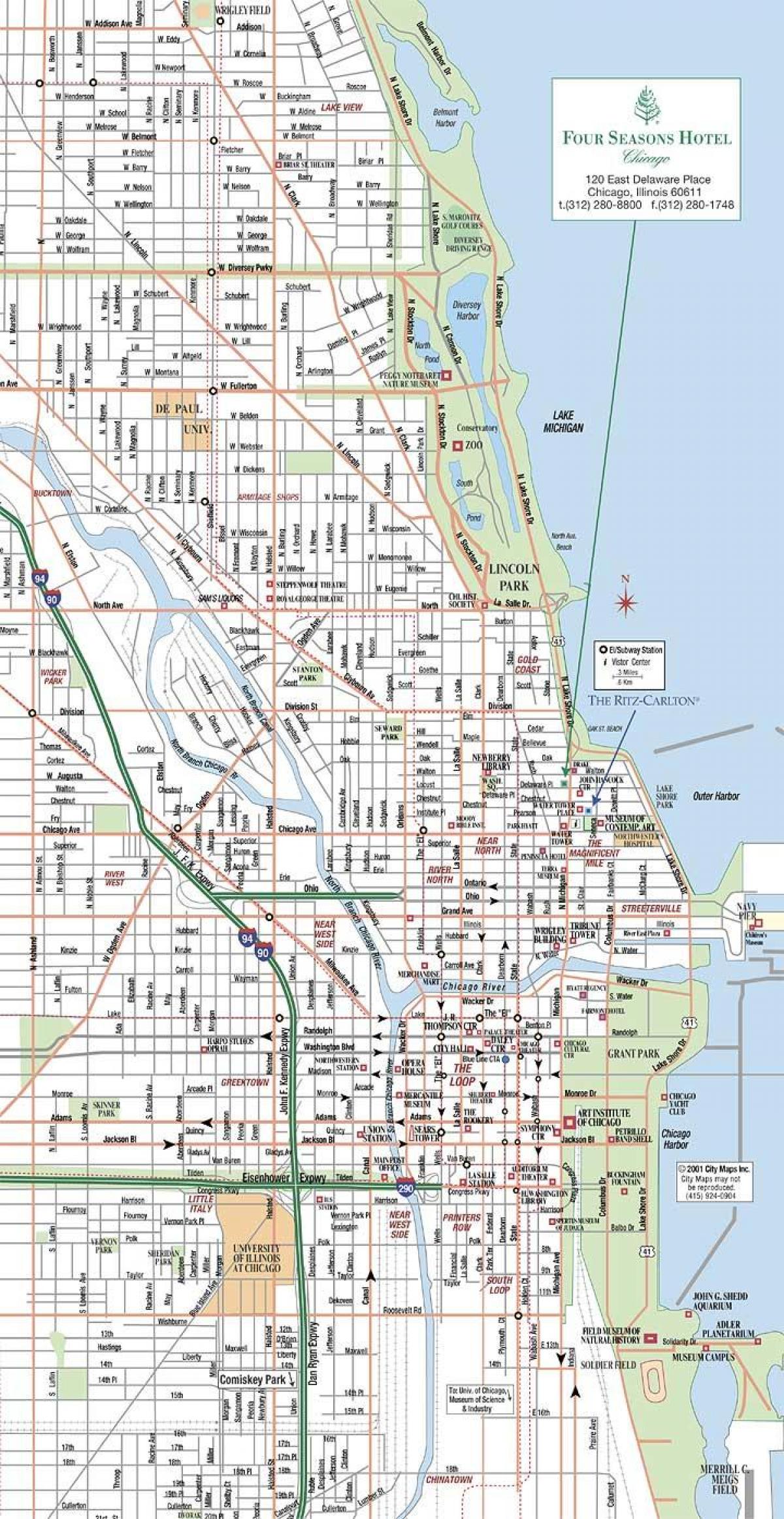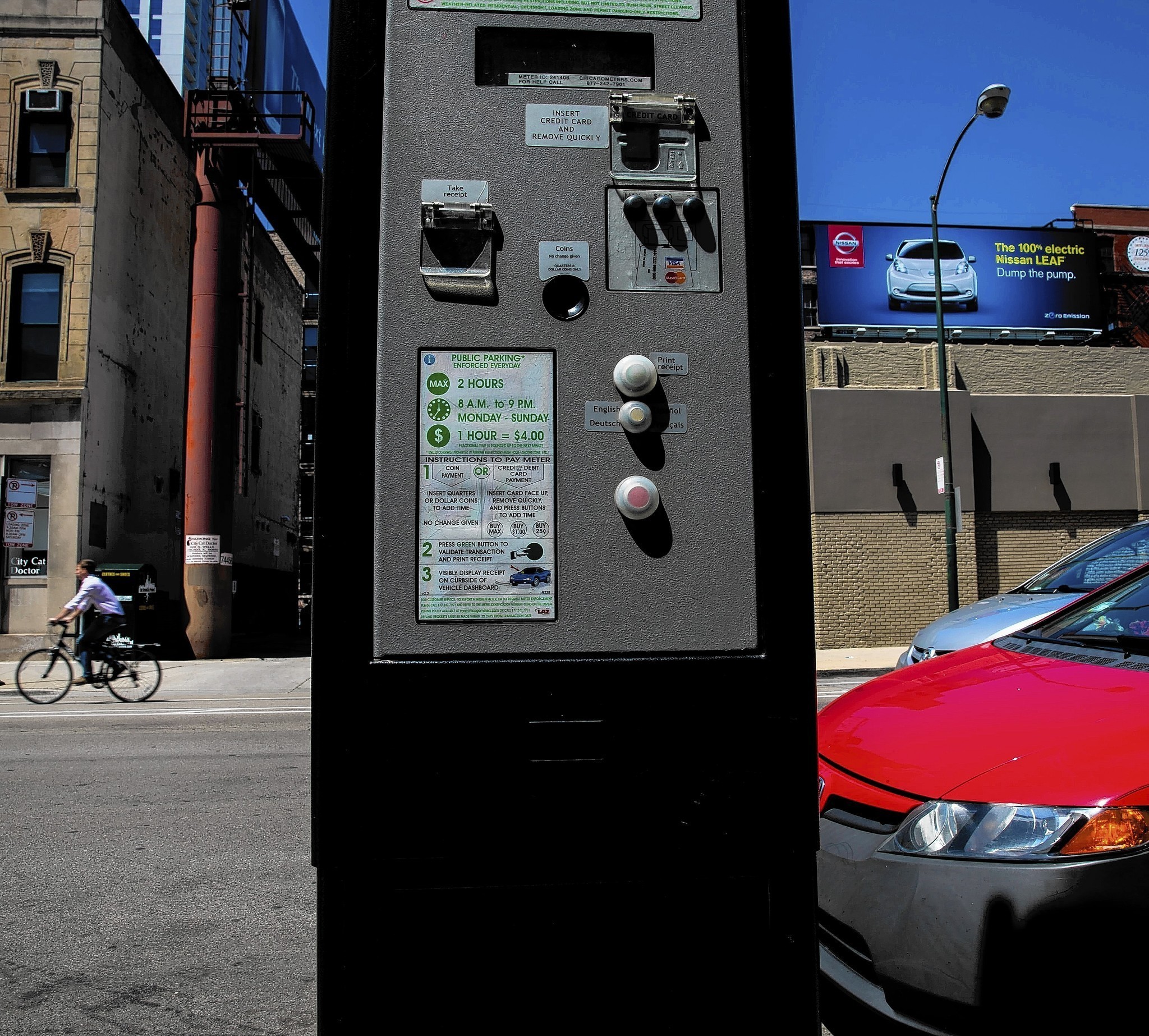Navigating the City Streets: A Guide to Understanding Chicago’s Parking Landscape
Related Articles: Navigating the City Streets: A Guide to Understanding Chicago’s Parking Landscape
Introduction
With great pleasure, we will explore the intriguing topic related to Navigating the City Streets: A Guide to Understanding Chicago’s Parking Landscape. Let’s weave interesting information and offer fresh perspectives to the readers.
Table of Content
Navigating the City Streets: A Guide to Understanding Chicago’s Parking Landscape

Chicago, a vibrant metropolis renowned for its architectural marvels, bustling cultural scene, and diverse culinary offerings, presents a unique challenge for visitors and residents alike: parking. While the city boasts an extensive public transportation network, navigating the streets by car often necessitates understanding the nuances of its parking system. This article aims to demystify the complexities of Chicago’s parking landscape, offering a comprehensive guide to its various parking options, including street parking, and its significance in the urban fabric.
Understanding the Basics: Street Parking in Chicago
Chicago’s street parking system is a complex tapestry woven with a multitude of regulations, restrictions, and nuances. It is crucial to understand the fundamental aspects of this system to avoid potential fines and ensure a smooth parking experience.
1. Metered Parking:
Metered parking zones are prevalent throughout Chicago, particularly in high-traffic areas and downtown neighborhoods. These zones typically operate during specific hours, with parking fees varying based on location and time of day.
- Understanding Metered Parking Zones: Look for blue signs indicating the presence of metered parking. These signs typically display the hours of operation, parking fees, and any specific restrictions.
- Payment Methods: Metered parking in Chicago can be paid for using coins, credit cards, or mobile payment applications.
- Enforcement: Parking enforcement officers patrol metered zones to ensure compliance with parking regulations. Overstaying the allotted time or failing to pay the meter fee can result in a hefty fine.
2. Residential Permit Parking:
Many Chicago neighborhoods utilize residential permit parking systems to prioritize parking spaces for residents. These systems typically require residents to obtain a permit to park on designated streets within their neighborhood.
- Obtaining a Permit: To obtain a residential parking permit, residents must typically provide proof of residency and vehicle registration. The application process and permit fees vary depending on the specific neighborhood.
- Permit Enforcement: Parking enforcement officers actively monitor residential permit parking zones, issuing citations to vehicles without valid permits.
3. Restricted Parking Zones:
Chicago designates specific areas with parking restrictions, such as "No Parking" zones, "Fire Lane" zones, and "Tow-Away Zones." These zones are enforced strictly to ensure public safety and traffic flow.
- Understanding Parking Restrictions: Pay close attention to signage indicating parking restrictions. Violating these restrictions can result in a ticket or vehicle towing.
Navigating the Parking Maze: Utilizing Resources and Tools
Understanding the nuances of Chicago’s street parking system can be daunting, but several resources and tools are available to assist drivers in finding parking and avoiding potential violations.
1. Chicago Parking App:
The official Chicago Parking App provides comprehensive information about street parking, including real-time availability, meter locations, and payment options. It allows users to pay for parking remotely, receive notifications about parking expiration, and track parking history.
2. Online Parking Maps:
Several online resources offer interactive maps that display real-time parking availability, meter locations, and parking restrictions. These maps can be invaluable tools for planning parking strategies and finding available spaces.
3. Parking Enforcement Information:
The City of Chicago’s website provides detailed information about parking regulations, enforcement procedures, and appeals processes. This information can be helpful for understanding parking violations and seeking redress if necessary.
4. Street Signs and Signage:
Paying close attention to street signs and signage is crucial for understanding parking regulations. These signs often display information about parking restrictions, permit requirements, and meter fees.
5. Parking Enforcement Officers:
While not always the most welcoming interaction, parking enforcement officers can provide valuable information about parking regulations and potential violations.
FAQs: Addressing Common Concerns
1. What is the maximum time allowed for street parking in Chicago?
The maximum time allowed for street parking in Chicago varies depending on the specific location and regulations. However, most metered parking zones allow a maximum of two hours, while residential permit parking zones typically have no time limits.
2. Can I park on the street overnight in Chicago?
Street parking overnight in Chicago is typically permitted, but it is subject to restrictions and regulations. Some neighborhoods may have overnight parking bans, and certain areas may require a parking permit.
3. What happens if I get a parking ticket in Chicago?
Parking tickets in Chicago are enforced by the City of Chicago. If you receive a ticket, you have the option to pay the fine, contest the ticket, or appeal the decision.
4. How do I find out about parking restrictions in a specific neighborhood?
The City of Chicago’s website and the Chicago Parking App provide information about parking restrictions in specific neighborhoods. You can also consult street signs and signage for detailed information.
Tips for Successful Street Parking in Chicago:
- Plan Ahead: Before embarking on a trip to Chicago, research parking options in your intended destination. Consider using online parking maps or the Chicago Parking App to locate available spaces.
- Arrive Early: During peak hours, parking spaces can be scarce. Arriving early can increase your chances of finding a convenient spot.
- Pay Attention to Signage: Always pay close attention to street signs and signage indicating parking restrictions, permit requirements, and meter fees.
- Use Mobile Payment Apps: Mobile payment apps can streamline the parking process, eliminating the need for cash or credit cards.
- Be Aware of Parking Enforcement: Parking enforcement officers are active throughout the city, so be mindful of parking regulations and ensure your vehicle is parked legally.
Conclusion: The Importance of Parking in a Vibrant City
Chicago’s street parking system, though complex, plays a vital role in the city’s urban fabric. It accommodates the needs of residents, visitors, and businesses, enabling access to the city’s diverse attractions and amenities. By understanding the nuances of this system and utilizing available resources, drivers can navigate the parking landscape with ease and avoid potential violations. Ultimately, navigating Chicago’s streets, whether by car or public transportation, contributes to the city’s dynamic character and its reputation as a global hub of innovation and culture.








Closure
Thus, we hope this article has provided valuable insights into Navigating the City Streets: A Guide to Understanding Chicago’s Parking Landscape. We thank you for taking the time to read this article. See you in our next article!